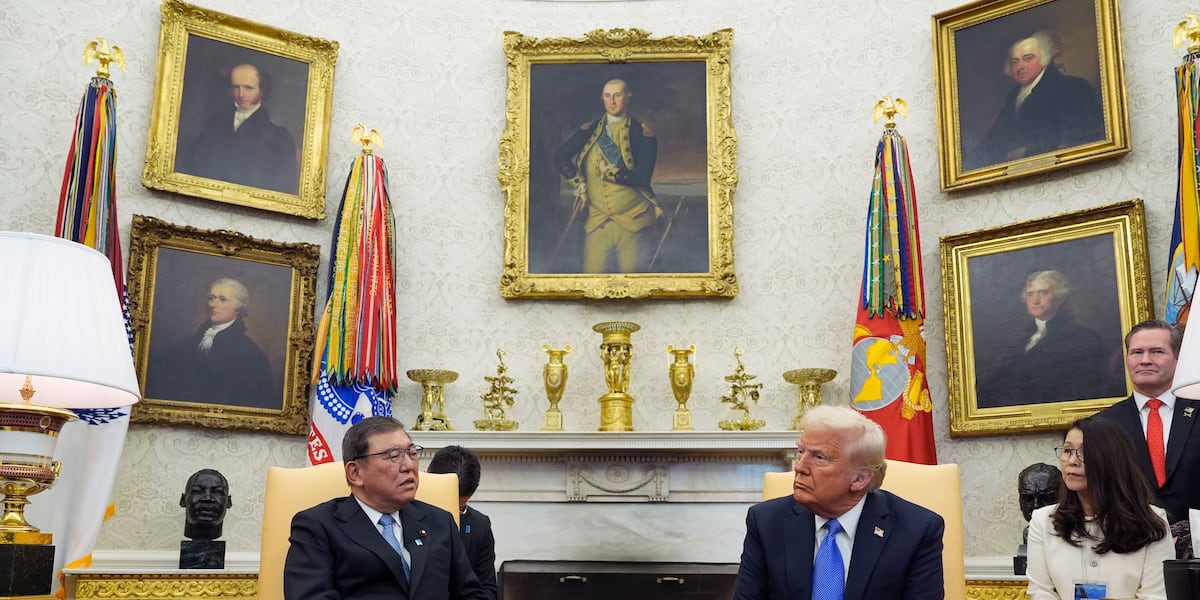ANCHORAGE, Alaska (KTUU) – The wake of President Donald Trump’s potential energy deal between the United States and Japan is garnering reaction from experts in the oil and gas industry.
The early details of the trade agreement between the two nations involve Alaska and the North Slope’s natural resources, creating a new liquefied natural gas pipeline to export to Japan. A trade idea that has been floated before.
“Alaskans have been hoping, dreaming for a North Slope gas pipeline pretty much since the day they found oil and gas at Prudhoe Bay,” said oil and gas analyst Larry Persily.
Multiple attempts to make the pipeline a reality over 60 years have been made, but they all faced the same issue.
“[They] failed because the economics didn’t work,” Persily said.
He also said the process of moving the resource is a lengthy and expensive one — noting the construction alone would take years to complete.
“You’ve got to find people willing to invest and take the risk…You can’t work year-round, it’s not like Texas, where you can drive up there 365 days a year with your pickup truck and bring in production modules,” Persily explained.
As for the benefits of the potential deal, Persily said it wouldn’t come to fruition until after the construction is complete and the resource is being exported.
“The state won’t see any benefits because we have no income tax or sales. The state would only make money from tax and royalty when the gas is actually being produced,” he stated.
Persily expects the deal to fall through because — on a global scale —there are cheaper alternatives.
“The risk involved of overruns, the risk involved the delays, the reality that there is a lot of gas in the world that’s easier to get and cheaper,” he said. “If you can get it somewhere else at a lower cost, lower risk that’s what you’re gonna do.”
See a spelling or grammar error? Report it to web@ktuu.com
Copyright 2025 KTUU. All rights reserved.
